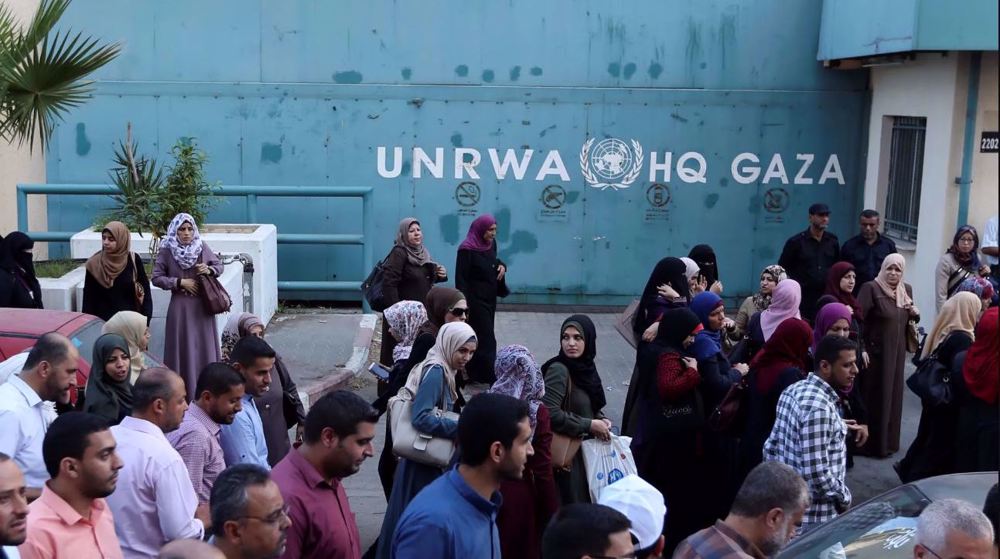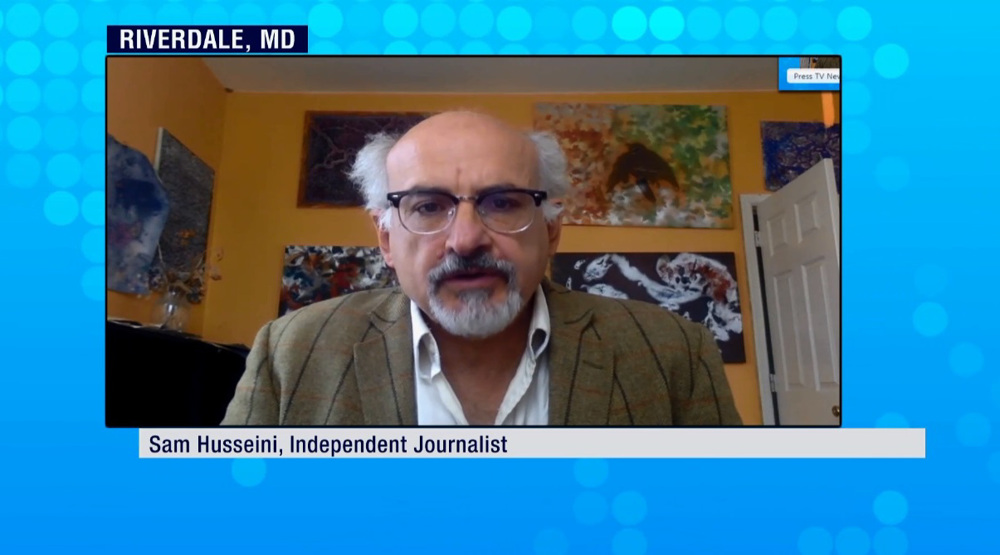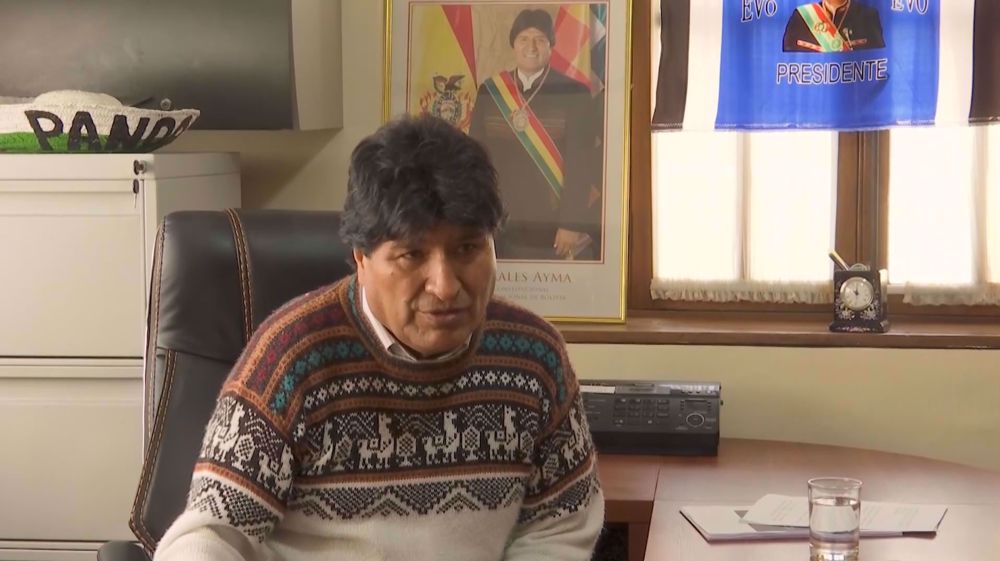Diplomatic solution to settle Syria conflict: Analyst
Press TV has conducted an interview with John Feffer, director of the Foreign Policy in Focus from Washington, to ask for his insight into the Russian strikes against terrorist groups in Syria.
The following is a rough transcription of the interview.
Press TV: Russia, as we’ve just said, expects that its involvement in Syria will be limited as far as the time period is concerning and also it will not be sending ground troops there. Do you think that’s feasible? Do you think that’s how things will roll out or is that an optimistic outlook?
Feffer: Well, it’s certainly optimistic. The Russian government knows that there’s really not much appetite among the Russian public for any kind of ground troop commitment to Syria, but as we’ve seen in the past aerial campaign it is often not perceived by the governments themselves as sufficient and often lead to increased engagement. This was certainly because of the United States in its aerial campaigns in the past.
Press TV: But Russia claims that its airstrikes are being complemented by the Syrian soldiers and army on the ground, could that work?
Feffer: It could work, but the Syrian government has been, should we say, losing ground over the last year. Perhaps if Russia had intervened a year ago or so, it might have greater success in bolstering the Syrian army, but Syrian government has lost ground to variety of different actors of the Islamic State, Daesh and Free Syrian Army, the Kurds. So, it’s a little bit more difficult for Russia to have that kind of impact at the moment.
Press TV: As Russia continues its air campaign in Syria, let’s not forget, there’s the US, the so-called broad international coalition against ISIL or Daesh, which includes Western governments and their regional allies who are unpreparedly targeting those same forces that Russia claims to be targeting. Will they be able to achieve something together or do you see that when it comes to practice, they’re doing two different things on the ground?
Feffer: Well, as it has turned out, they’re doing two different things on the ground. Although, there is some cooperation at the kind of technical level to avoid midair collision. But I think ultimately if both sides are honest about the desire for political coordination and not just military coordination, then we might see some kind of diplomatic solution emerging in the next few months. So, that would be a preferable solution to the two sides simply trying to prosecute their own separate military campaigns on the ground.
President Raeisi: Nothing will remain of Israel in case of another mistake
UN rights chief ‘horrified’ by mass grave reports at Gaza hospitals
Hezbollah says launched ‘deepest attack’ on Israel since start of Gaza war
Israel intensifies strikes across Gaza on day 200 of genocidal war
China says US still interfering in its affairs despite efforts to stabilize relations
Russia says will intensify strikes on Western weapons storage in Ukraine
‘200 days of livestreamed genocide’: Netizens react as Gaza war marks 200 days
Confirmed: Iran’s star striker Mehdi Taremi joining Italian champions Inter Milan









 This makes it easy to access the Press TV website
This makes it easy to access the Press TV website